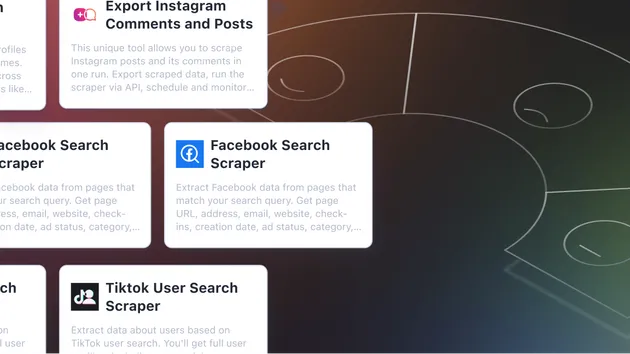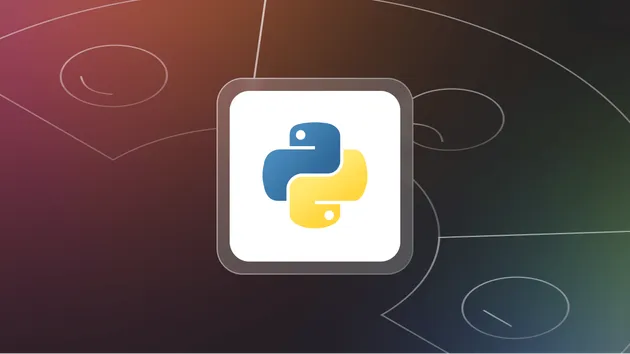Text Sentiment Analysis
Pricing
$9.99/month + usage
Text Sentiment Analysis
Analyze the sentiment of your text, submit single or multiple lines of text and receive a detailed report, including the number of lines analyzed and the breakdown of sentiments (positive, negative, neutral). Gain insights into the emotional tone of your content effortlessly!
0.0 (0)
Pricing
$9.99/month + usage
2
33
2
Last modified
a year ago





